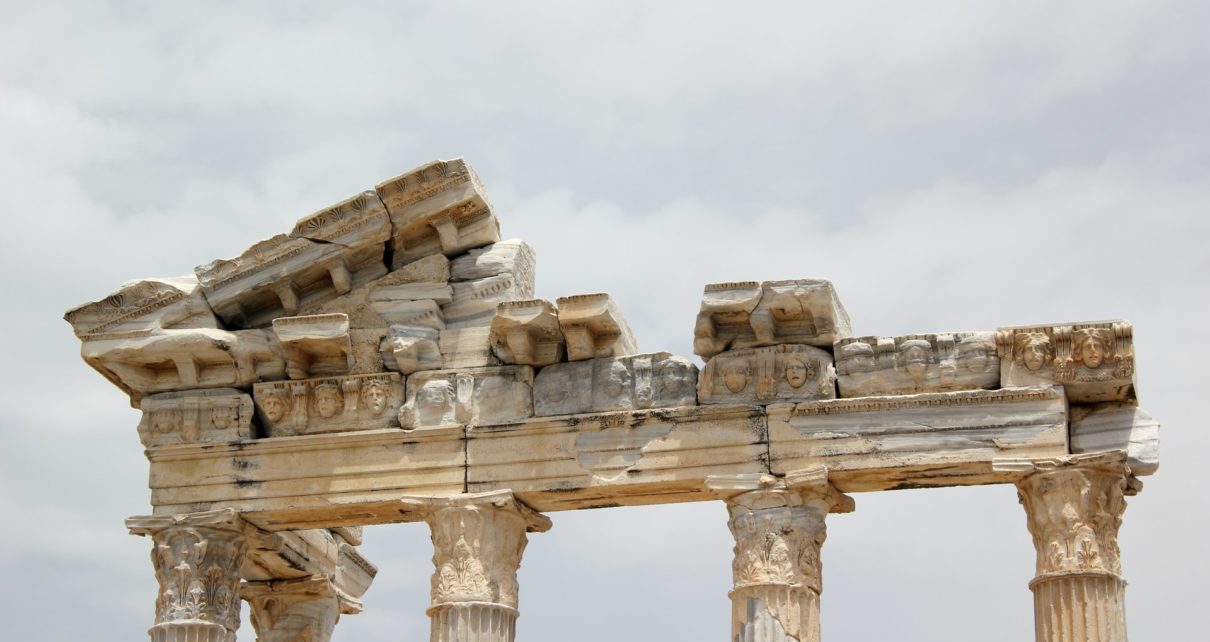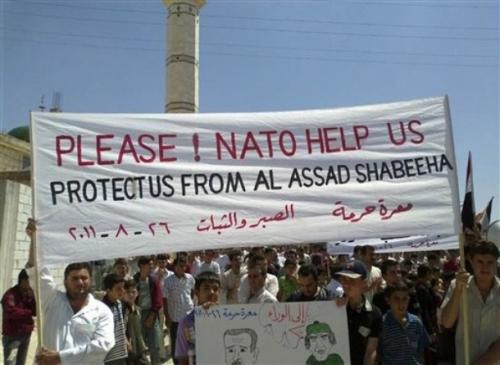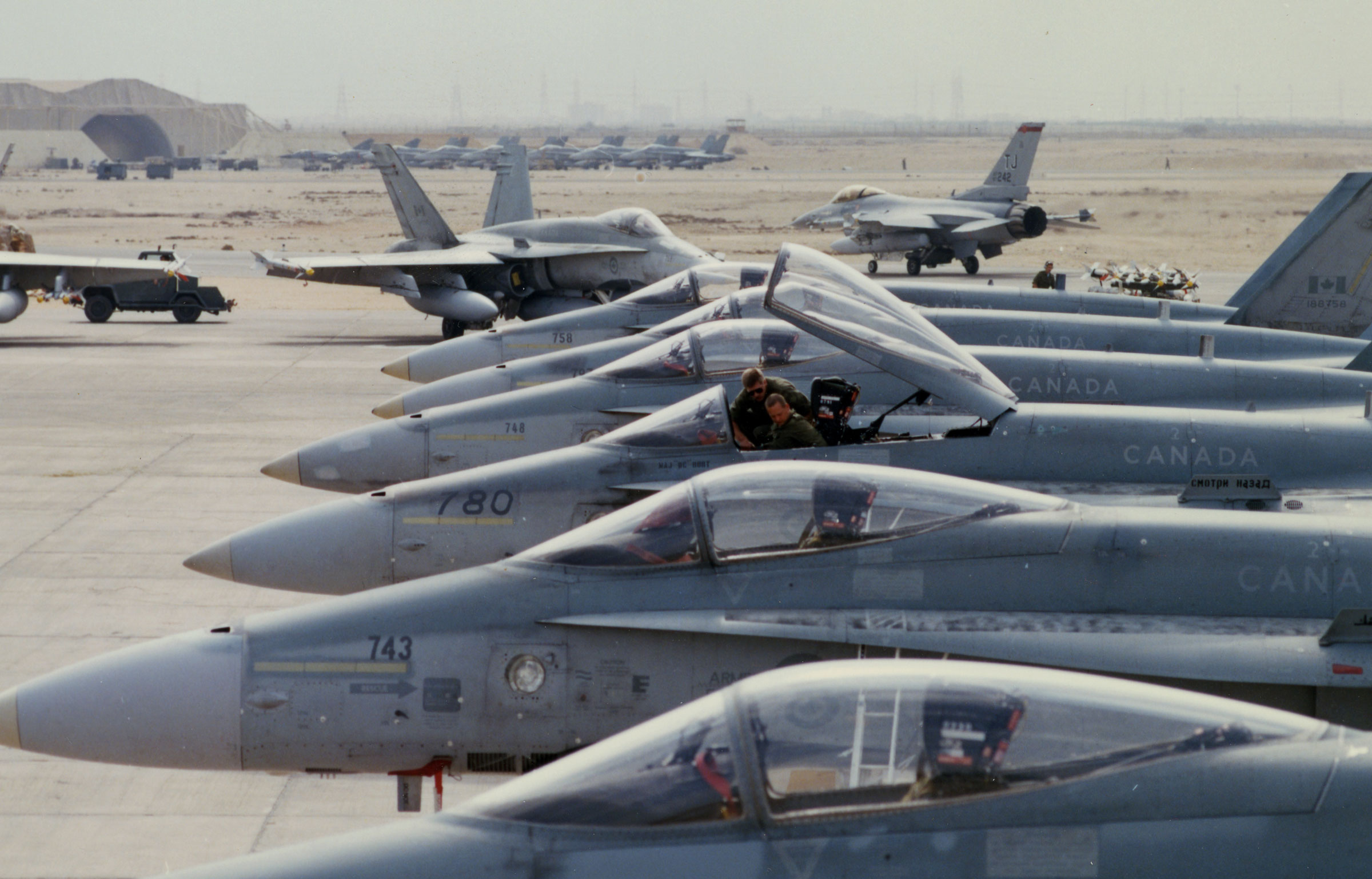If you combine offshore gas discoveries with a history of regional friction, the most likely result is a vast supply of tension bubbling just under the surface. Archipelagos and competing legal doctrines further complicate such a situation. When we think of regional tensions, we generally think of the South China Sea – where one power exploits it’s vast advantage in political sway to the detriment of its neighbours. The ten states that border the South China Sea find themselves in almost daily disputes. Sometimes with a veil of subtlety as China frequently uses militia vessels disguised as fishing trawlers to expand its presence. Other times leaving little room for ambiguity as the Philippines’ Foreign Secretary put it in a tweet, “China, my friend…GET THE F**K OUT.” The region has made brinksmanship the ‘name of the game.’ While the South China Sea may be our first thought, the situation in the Eastern Mediterranean deserves the same level of attention. The key distinction is that this dispute is between two NATO countries: Greece and Turkey. Formally, Greece and Turkey are allies – both having joined NATO in 1952. This veneered alliance however, when compared to the sheer amount of historical enmity and current disputes dividing the two, has always been thin. To explain the roots of animosity between Ankara and Athens would be an odyssey in itself – but the current quarrels centre on a few, sometimes overlapping, key issues: the partition of Cyprus, sovereignty in the Aegean and East Mediterranean, and cultural tensions. After 60 rounds of meetings between 2002 and 2016, little progress was made. In the past 50 years, these ‘unfriendly allies’ have been on the brink of full-scale war three times. Worryingly in 2021, the two bodies of water separating the unlikely allies are becoming increasingly militarized — weakening NATO’s southern flank.
Last summer, the tourist ferries ubiquitous to the Greek islands in the Aegean were replaced by warships as tensions came to a head between the two countries. On August 12th, a Turkish frigate escorting an oil exploration ship collided with a Greek warship, setting off the latest round of sabre-rattling. The customary finger pointing was followed by calls for dialogue and offers of mediation throughout the international community. Notwithstanding the fact that the collision was an accident, the terse reaction by fellow NATO allies revealed the fractured state of the alliance in the region.
Turkey’s relationship with NATO and fellow NATO states was already damaged considerably in 2017 with the purchase of the cutting edge S-400 anti-missile system from Russia. France — an important nation in the NATO framework — positioned itself firmly behind Greece and sent a pair of fighter jets and ships to the area. Shortly after, the two countries held joint naval exercises off the coast of Crete. With the U.S becoming less and less interested in the area, the vacuum created has left Turkey with few friends in the area, NATO members or otherwise. The UAE for its part, has sided with Greece, as has the European Union.
Turkey, increasingly seeming to pivot away from NATO and the West, is in a difficult position. At the heart of tension is the disagreement over Exclusive Economic Zones, and competing claims to the resources discovered in the disputed areas of the Aegean and Mediterranean. While international law tends to side with Greece, by looking at a map of the competing claims, one can empathize with Turkey, as the placement of Greek islands results in almost the entire Aegean Sea as being Greek. As Brenda Shaffer at the Atlantic Council said, “good claims could be made either way.”
One year off from the “mini-collision” heard around the world, Greece has added Egypt to its list of supporters, and Turkey is as isolated as ever. While talks continue, and tensions have cooled considerably since last August, Greek and Turkish claims on the eastern Mediterranean and the Aegean Sea remain incompatible. A particularly heated press conference where Greek and Turkish officials clashed in April 2021 is evidence of just how far apart the two countries are on most regional issues. For example, on the topic of migration, Turkey recently accused Greece of chasing ships carrying migrants from its shores.
All of this results in a worryingly militarized space between the supposed allies, even as Greece and Turkey enhance their military capabilities. Increasingly frequent violations of Greek airspace by Turkish warplanes — 4,600 of such instances occurring in 2019 alone — led to Greece’s purchase of 18 fighter jets from France to the tune of 2.5 billion euros. As this purchase made up part of the 43% increase in defence spending by Athens in 2020, Greece seems keen to press its advantage. Across the Aegean, Turkey’s defence spending is set to increase between now and 2025, and just last week the U.S signaled its willingness to potentially lift sanctions imposed on Turkey for its purchase of the Russian S-400 anti-missile system.
Nowhere else across NATO’s vast alliance is there such division as there is between two of its southernmost member states. Greece and Turkey continue to hold talks on the future of the region. While these talks have been less than productive, they buy time and limit the chance of another accident, similar to the collision from last August, from occurring. Despite the U.S continuing to push for a mediated solution between the two, there is a growing disinterest in the region. Russia looks on, seeking to fill in the vacuum and cement itself in the Mediterranean.
Photo: Greek Architecture in Ruins (2017), by Micheile Henderson via Unsplash. Public Domain.
Disclaimer: Any views or opinions expressed in articles are solely those of the authors and do not necessarily represent the views of the NATO Association of Canada.




